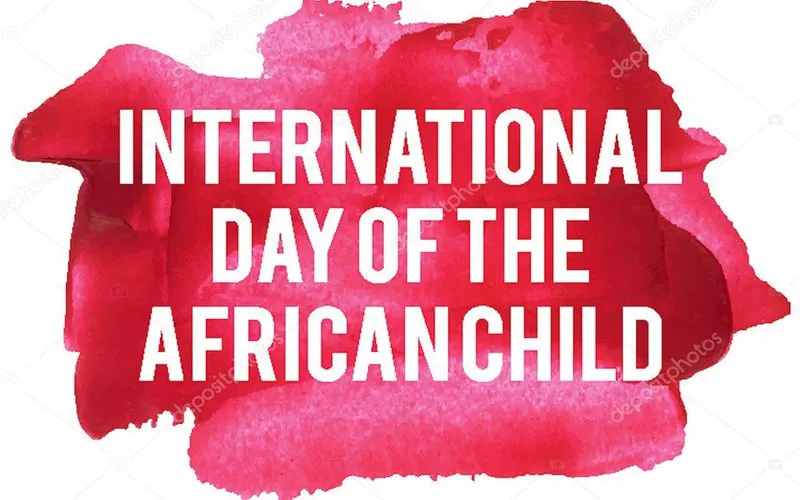“Commemorating this day, I call upon Member States and Stakeholders, in extensive consultation with children, to work together towards deliberately establishing, or strengthening, a comprehensive and coherent national policy and strategy for ‘Children in the Justice System’ which shall consider the interrelatedness of the challenges that children in contact with the law are facing,” AU’s Commissioner for Social Affairs, Amira Elfadil Mohammed Elfadil has been quoted as saying.
Experts have warned that COVID-19 might undo decades of progress in child rights, putting millions of girls at a greater risk of violence, abuse and exploitation.
The coronavirus is also amplifying existing inequalities and affecting the long-term environment in which African children will grow up.
In South Africa, SACBC Youth office in collaboration with the Catholic Archdiocese of Cape Town hosted a virtual celebration to mark the annual event.
In his Monday, June 15 reflection addressed to young South Africans, Bishop Phalana addresses COVID-19 crisis in the country where at least 70,000 people have contracted the disease.
(Story continues below)
“Ensure that you do not get infected and that you do not infect anyone,” Bishop Phalana tells the youth on the occasion of DAC and continues, “Wash your hands, sanitize, put on your mask and keep social distancing. Talk to your peers about the serious nature of this pandemic; we must fight ignorance.”
He advocates for hope among the young people who need to pass it on saying, “Give hope to those who are afraid, those who have lost loved ones and those who are infected. Once you are infected, it is not the end, you can get well again. Many have recovered from it. Pray and trust in God during these difficult times.”
The 59-year-old Bishop urges young people to become ambassadors of change in their respective communities that are witnessing increasing cases gender-based violence (GBV).
“Educate your peers about this scourge. Appeal to their consciences to see the evil of violence and the devastating effect it has on families and on the society at large,” Bishop Phalana says and challenges each young person to “tell yourself that you will always respect the rights of others and the dignity of human life.”
On unemployment and the youth, the South African Prelate appeals for a prayerful “discernment about opportunities and options.”
He adds, “Consult your mentors, spiritual counsellors and life coaches to get more assistance. You can move from being a job-seeker to being a job-creator. Try, if you can, to acquire the necessary skills you need, to be employable.”
The Local Ordinary of Klerksdorp reminds the government of South Africa that “coordinated multi-stakeholder interventions are needed to empower young people through various skills training options that would equip them with the basic skills required to enter the labor market, whether this means bridging numeracy and literacy gaps or equipping them with higher-level technical skills.”








